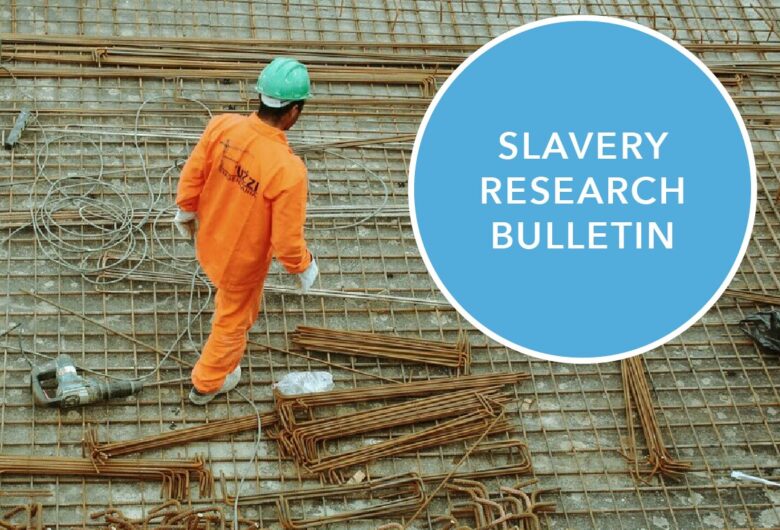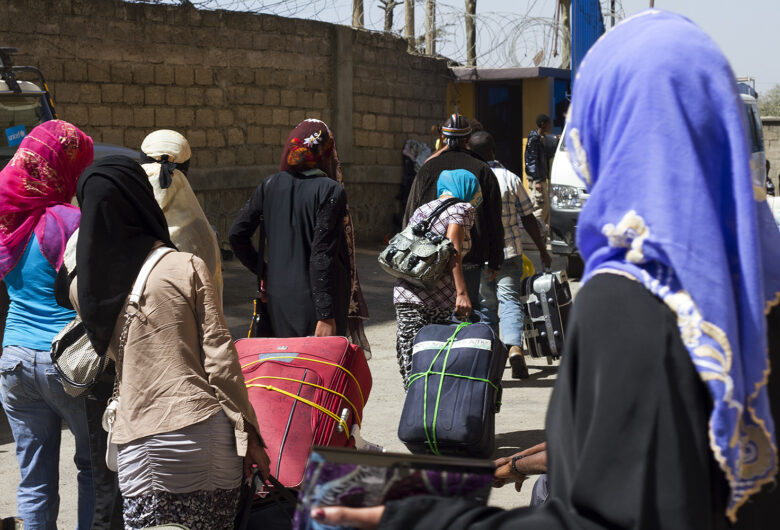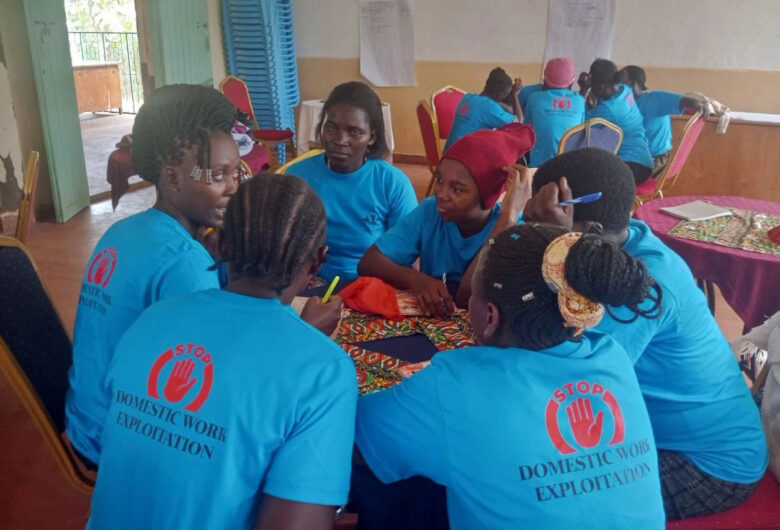Welcome to the Freedom Fund’s monthly bulletin designed to bring you new and compelling research from the global anti-slavery movement.
Working conditions in Indonesia’s marine fishing sector
The International Labour Organization and National Research and Innovation Agency release findings from the first-ever Survey on Decent Work in Marine Fishing in Indonesia. Involving over 3,500 fishers across 18 ports, the surveys reveal that 61.5% of internal migrant fishers paid recruitment fees—averaging 1.7 months’ wages, with some as high as 9.9 months. Only 9.3% had written contracts and 71.1% were not registered for legally-mandated social security. The study underscores the high degree of informality in the sector and an urgent need to enforce fair recruitment standards in line with national laws and international conventions.
Making business and human rights measures fit for developing economies
FiftyEight reports on the impact of business and human rights (BHR) measures on companies in developing economies, drawing on consultations with 118 stakeholders from Kenya, Ghana and DR Congo. Local businesses highlight the mismatch between global buyer’s desire for competitive prices versus the cost of demonstrating compliance, as even when local companies are compliant, they often lack the time and resources to show this. As a result, 97% of local stakeholders are concerned that BHR compliance costs hinder export competitiveness, job creation, innovation and growth. The study recommends bottom-up assessments of BHR measures and greater financial and technical support to local firms to support effective implementation.
Shifting patterns of child trafficking in Romania
Justice and Care examines child trafficking in Romania through a literature review and 28 stakeholder interviews. Official data from 2018 to 2023 shows that the number of registered child trafficking cases has remained largely consistent, with 82% involving girls. Forced begging is the most common form among younger children (ages 1 to 9), and sexual exploitation among older children (ages 10 to 17). The growing role of social media in normalising violence and recruiting children into exploitation is a pressing concern, underscoring the need for stronger partnerships between schools, NGOs and local authorities to increase awareness and actions against child trafficking.
Emerging forms of organising among platform workers in Africa
Research led by the University of Pretoria explores how platform workers in Africa are organising in creative ways. Interviews with 150 food courier riders across Johannesburg, Nairobi and Accra found that only 37% were earning enough to cover monthly expenses, due to unpredictable order volumes, long periods of unpaid waiting time and the ever-present threat of being suddenly delisted due to poor reviews. Yet riders are also finding new ways to self-organise, such as using messaging apps to organise strikes, group saving schemes and financial support to members who suffer accidents or robberies. These efforts show the resilience and resourcefulness of workers in precarious work environments.
Preventing abuse of live-in care workers in Europe
The University of Nottingham analyses domestic care worker legislation in France, Italy, the Netherlands and Sweden, revealing major gaps. Drawing on 62 interviews, the findings highlight how cultural norms and enforcement gaps expose care workers to abuse. In Sweden, labour inspectors focus narrowly on health and safety and do not act on incidents of exploitation. In Italy and the Netherlands, legislation discourages households from issuing contracts, leaving workers without defined terms of work. In France, the home is legally a private space and workers are expected to manage their own risks. The study suggests whistleblowing mechanisms, professionalisation of care work and expanding municipal workers’ roles.
Read on
A study led by the University of Vaasa, Finland emphasises the vital role of multinational buyers in ensuring worker voices in Bangladesh’s export-oriented garment industry.
Glasgow Caledonian University investigates labour trafficking risks faced by migrant workers and the use of AI technologies in combatting abuse.
University for Development Studies, Ghana reflects on methodological and ethical challenges in researching the trafficking of young girls into commercial sexual exploitation.
Freedom Fund news
The Indonesia Ocean Justice Initiative, a Freedom Fund partner, was featured in The Guardian discussing the abuse and slavery faced by Indonesian fishers.
Visit our Newsroom for more updates.
Research library
Visit our Slavery Research Library to access anti-slavery resources from across the globe.
Contact
The Slavery Research Bulletin is produced monthly by the Freedom Fund, a global fund with the sole aim of helping end modern slavery.
Research being featured in this bulletin does not equal endorsement by the Freedom Fund.
Click here to sign up to the Slavery Research Bulletin mailing list.
Photo credit: Guilherme Cunha/Unsplash



